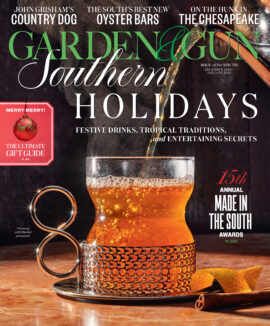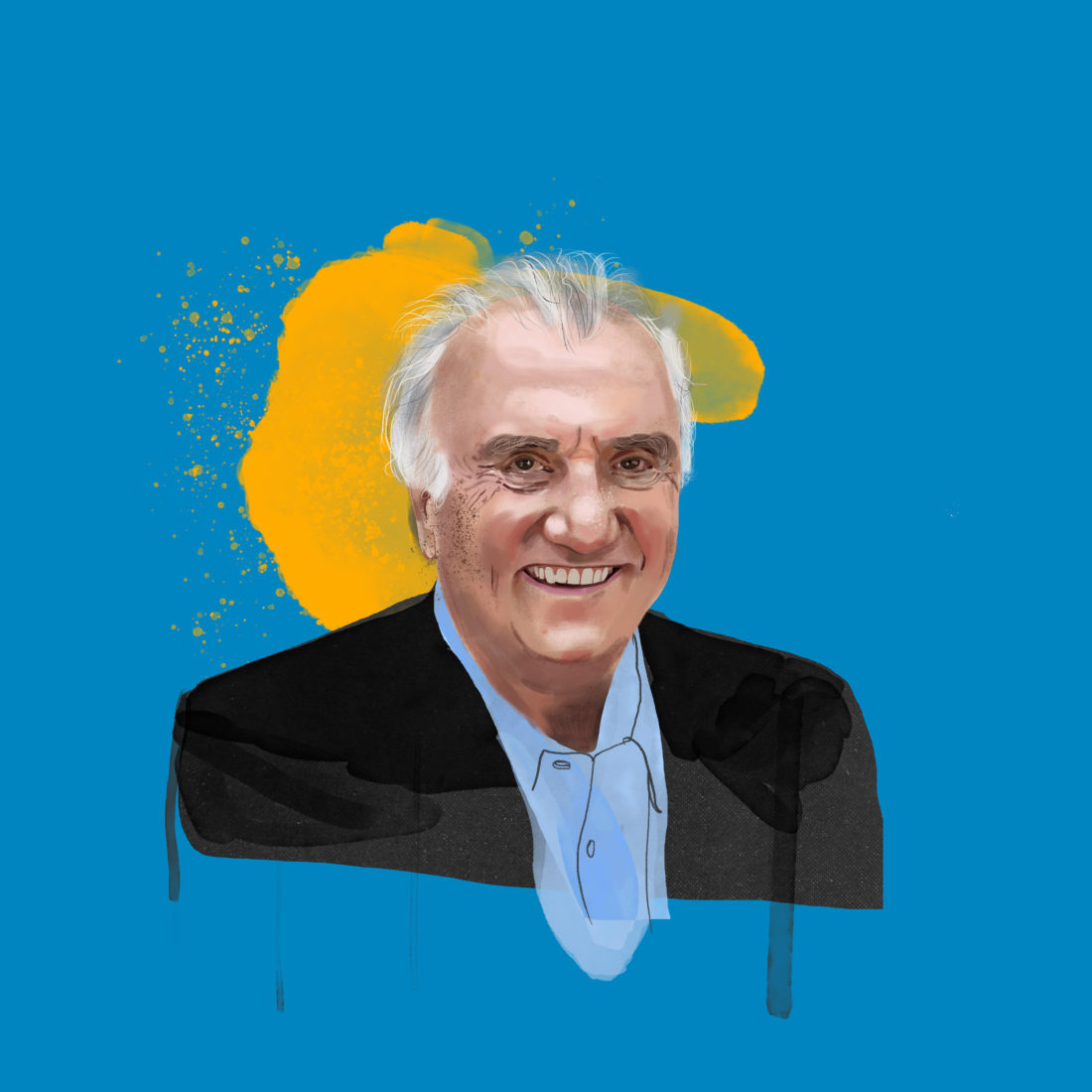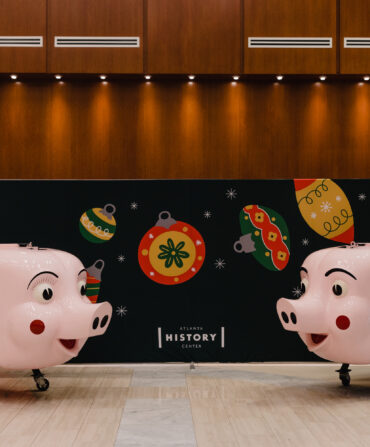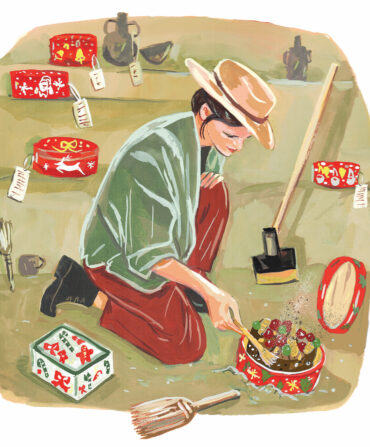If you wonder why residents of Ocracoke Island began referring to vacationers as “dingbatters” around 1972, Walt Wolfram can help (the answer: thank All in the Family). He can explain why someone who grew up in North Carolina’s western mountains might say, “Anymore we drink a lot of coffee”; he can identify a member of the Lumbee tribe just by hearing him speak; he knows why a person in Greensboro is more likely to pronounce “well” as “whale” than someone in Charlotte. A longtime professor of sociolinguistics at North Carolina State University, Wolfram often calls the state “dialect heaven,” and he’s been researching, celebrating, and helping preserve distinctive speech patterns there and elsewhere for decades. “Dialects, if they’re alive, are always changing and innovative and utterly cool,” he says. Having launched the university’s Language and Life Project in the 1990s, Wolfram has conducted almost four thousand interviews with native speakers, written more than twenty books, and helped produce more than a dozen documentaries, including the Emmy-nominated Talking Black in America, which has also been expanded into a four-part series. That series’ latest episode, “Signing Black in America,” reveals the surprising ways that African Americans use sign language differently than whites. “I want people to watch our documentaries and say, ‘Wow. I never knew that,’” Wolfram says. At screenings, he adds, “this inevitably happens: Some black person in the audience will come up and say, ‘I never knew our language had such a history, and where it came from. I just thought it was bad speech.’ My inspiration is in getting people to embrace Southern language as an important part of Southern culture.”
MEET MORE SOUTHERN HEROES
Next: Hub City Writers Project | Full list: See all 30 heroes








